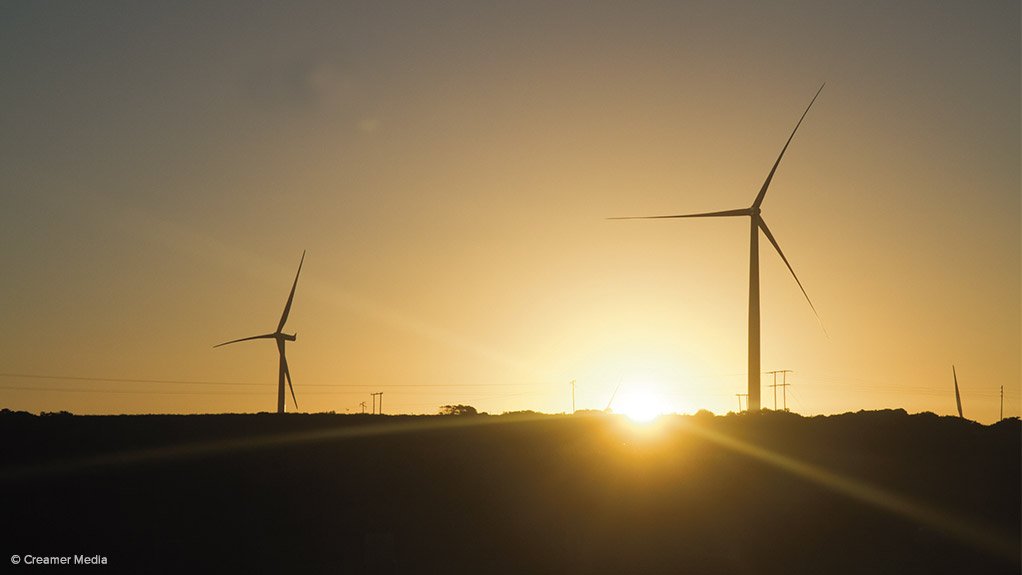Amid soaring electricity demand, the African continent is capable of generating nearly one-quarter of its energy needs through clean, indigenous renewable energy by 2030, a new report by the International Renewable Energy Agency (Irena) shows.
A combination of modern renewables technology could meet 22% of Africa’s needs by 2030, up from only 5% in 2013.
“The potential is immense. Africa holds some of the best renewable-energy resources in the world, including biomass, geothermal, hydropower, solar and wind,” Irena director-general Adnan Amin told delegates at the South African International Renewable Energy Conference (Sairec), in Cape Town, on Monday.
Amin said a substantial drop in the cost of renewable-energy technology was a massive opportunity for African countries to transform and expand their energy systems and, simultaneously, provide for low-carbon economic growth.
The report identifies nearly ten exajoules of options for sustainable development through renewable energy. This equated to more than 340-million tonnes of coal. About 40% of this energy comes from the power sector.
Solar power is abundant across the continent, while the potential of hydropower and biomass is greater in the central and southern regions. Wind resources are strongest in the north, east and southern regions of Africa, while geothermal energy is strong in the Great Rift Valley.
About half of the energy provided by the recommended options comes from biomass-based heat applications. Biomass is fuel derived from plant material and animal waste.
The report estimates that a shift to modern renewable-energy cooking solutions would slice the use of traditional cooking stoves by more than 60% and save up to $30-billion a year through reducing health complications from poor indoor air quality.
A combination of renewable-energy capacity additions would also cut carbon dioxide emissions by more than 310 megatonnes.
The report is part of Irena’s Remap 2030 programme, which provides a roadmap to double the share of renewable energy in the world’s energy mix by 2030. Irena is mandated as the global hub for renewable-energy cooperation and information exchange by 143 members – 142 countries and the European Union.
More than 600-million people in Africa don’t have access to electricity – the largest unelectrified population in the world.
Amin told a plenary at the conference that regional market integration was needed to bring large investments to scale. He said strategic policy dialogue between ministers, regulatory bodies, project practitioners and development partners was vital.
“By working together to stimulate private investment, we can encourage a future where there are no barriers to increasing the share of renewables in any country on the continent.”
Click here to download the report.
EMAIL THIS ARTICLE SAVE THIS ARTICLE
To subscribe email subscriptions@creamermedia.co.za or click here
To advertise email advertising@creamermedia.co.za or click here











